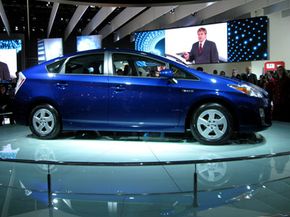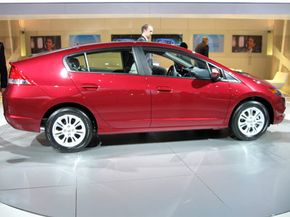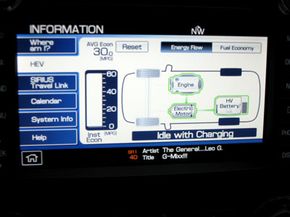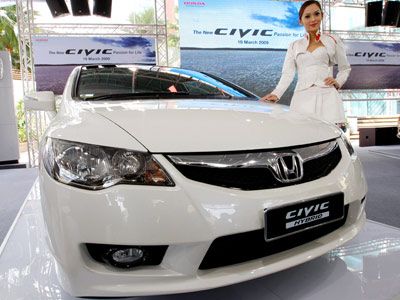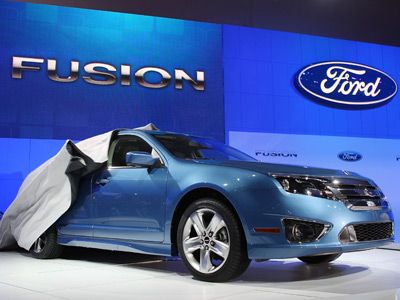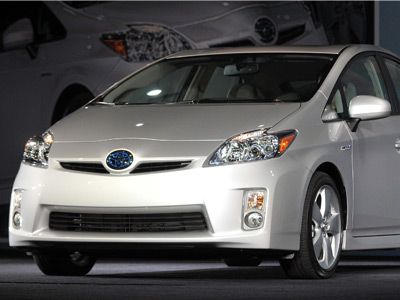The current state of the environment, gas prices, and dependence on foreign oil are but a few things making headlines these days. They're also driving people to consider making a hybrid car or SUV their next vehicle purchase. However, hybrid vehicles are often more expensive than their non-hybrid counterparts, which has some consumers wondering if buying a hybrid will ever really pay off. The short answer is: It depends on what you buy, where you live and how you drive.
First, let's talk about what a hybrid actually is. A full gas-electric hybrid car has two sources of power -- an internal combustion engine that runs on gasoline and an electric motor that runs on batteries. These models can run on electric power only for several miles at city speeds, usually up to about 40 miles per hour (64 kilometers per hour), before the gasoline engine has to kick in. Examples of full hybrids include the Toyota Prius and the Ford Escape Hybrid.
Advertisement
Mild (or assist) hybrids also have a combustion engine and an electric motor as well, but they only work simultaneously. The electric motor assists the combustion engine by adding its power to help save energy, but the car can't run on electric power alone. Examples of mild hybrids include the Chevy Malibu Hybrid and the Honda Insight.
The cost of hybrids varies widely, depending on the car and the type of hybrid system it uses. For instance, a full hybrid luxury sedan from Lexus is going to cost quite a bit more than the mild hybrid system in the economically minded Honda Insight.
Across the board, hybrids of any type will get better mileage than their non-hybrid car cousins. The conventional 2009 Ford Escape gets 20 miles per gallon (8.5 kilometers per liter) in the city and 28 miles per gallon (11.9 kilometers per liter) on the highway, according to the Environmental Protection Agency (EPA). The hybrid version of the same SUV gets 34 miles per gallon (14.5 kilometers per liter) in the city and 31 miles per gallon (13.2 kilometers per liter) on the highway. Large trucks with poor fuel economy can get a boost in fuel efficiency from just a mild hybrid system with electric assist and start-stop technology.
But when, if ever, will gas savings pay off if hybrids have a higher sticker price to begin with? Will the cost of a hybrid cool this nascent green driving craze? Let's take stock of the pluses and minuses to find out if eco-friendly driving is worth the hit to the wallet.
Advertisement
